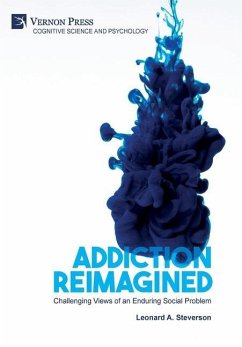
Asian and Jungian Views of Ethics
Versandkostenfrei!
Versandfertig in 1-2 Wochen
70,99 €
inkl. MwSt.

PAYBACK Punkte
35 °P sammeln!
More than fifty years ago, Tetsuhiko Uehiro looked down on the radioactive ashes of Hiroshima and dedicated his life to more ethical resolutions of human disagreements. He founded an association which attracted millions of Japanese people, to promote traditional ethics. His son, Eiji Uehiro, seeking a more universal and international basis for ethics, founded the Uehiro Foundation on Ethics and Education, which became a partner of the Carnegie Council. To commemorate the Foundation's tenth anniversary, leading scholars of Asian philosophy and Jungian psychology were brought together to find ne...
More than fifty years ago, Tetsuhiko Uehiro looked down on the radioactive ashes of Hiroshima and dedicated his life to more ethical resolutions of human disagreements. He founded an association which attracted millions of Japanese people, to promote traditional ethics. His son, Eiji Uehiro, seeking a more universal and international basis for ethics, founded the Uehiro Foundation on Ethics and Education, which became a partner of the Carnegie Council. To commemorate the Foundation's tenth anniversary, leading scholars of Asian philosophy and Jungian psychology were brought together to find new grounds for ethics in human experience which would not depend on religious affiliation and which would apply ethics to the interpersonal and global problems of the modern world. All the authors reach for new decision-making paradigms giving new ways of learning about morality. They suggest that our bodies, feelings, dreams, and synchronous experiences give us clues to ethics. Their scholarship illusrates that people are invisibly, inescapably interconnected with each other and with our environment. An important resource for scholars in the fields of comparative cultures, counseling and ethics, Jungian psychology, and Asian religions.












